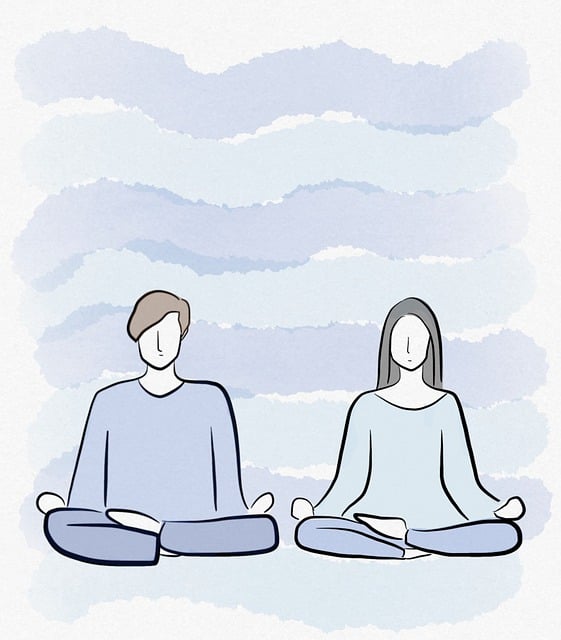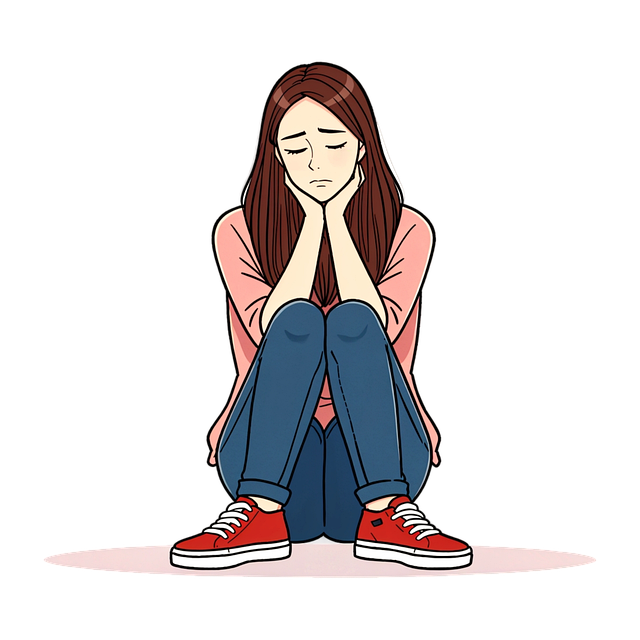Castle Rock Exposure and Response Prevention (ERP) Therapy is an effective behavioral treatment for anxiety disorders, involving gradual exposure to distressing situations to learn coping strategies and reduce anxiety over time. This approach challenges avoidance behaviors and proves instrumental in managing specific phobias and OCD. Mental wellness coaching can incorporate ERP techniques, empowering individuals to overcome fears through self-care practices. By confronting anxiety-inducing situations, ERP reduces depression symptoms and enhances emotional intelligence, fostering control, resilience, and long-term mental well-being.
Self-care is an essential aspect of maintaining good mental health, but many struggle to incorporate effective practices into their daily routines. This article guides you through enhancing self-care strategies using evidence-based techniques like Castle Rock Exposure and Response Prevention (ERP) therapy. We’ll explore how ERP can help manage anxiety and stress, along with identifying personalized self-care practices tailored to your needs. Learn practical tips for implementing and sustaining a healthy self-care routine to improve overall well-being.
- Understanding Castle Rock Exposure and Response Prevention Therapy (ERP)
- Identifying Personal Self-care Practices to Improve Mental Health
- Implementing Effective Strategies for Sustaining Self-care Routine
Understanding Castle Rock Exposure and Response Prevention Therapy (ERP)

Castle Rock Exposure and Response Prevention (ERP) Therapy is a highly effective form of behavioral treatment that focuses on facing fears and managing responses to them. It involves gradually exposing individuals to situations or objects they find distressing, helping them develop coping strategies and reduce anxiety over time. This therapy is built on the understanding that avoidance behaviors reinforce anxiety, making it crucial for overcoming specific phobias and conditions like Obsessive-Compulsive Disorder (OCD).
The ERP process begins by identifying the triggers and associated responses, then carefully creating a hierarchy of exposure scenarios. Through guided practice, individuals learn empathy building strategies to manage their emotions during these exposures. Mental wellness coaching programs can incorporate ERP techniques, teaching self-care practices that enable people to confront and overcome their fears. By combining exposure with response prevention, this therapy empowers individuals to take control of their mental health and cultivate resilience in the face of challenging situations.
Identifying Personal Self-care Practices to Improve Mental Health

Identifying Personal Self-care Practices to Improve Mental Health
In today’s fast-paced world, promoting emotional well-being is more crucial than ever. One effective approach to enhancing mental health and fostering resilience is Castle Rock Exposure and Response Prevention (ERP) Therapy. This evidence-based technique helps individuals confront and manage anxiety-provoking situations, thereby reducing symptoms of depression and improving overall emotional intelligence. By gradually exposing oneself to feared stimuli and preventing the typical avoidance or escape responses, ERP therapy empowers individuals to develop healthier coping mechanisms.
Through Castle Rock ERP Therapy, individuals learn to challenge negative thoughts and behaviors, replacing them with more adaptive strategies. This process not only alleviates symptoms but also paves the way for long-term emotional well-being promotion techniques. By integrating these practices into daily routines, one can effectively manage stress, boost resilience, and prevent relapse, ensuring a more balanced and fulfilling life.
Implementing Effective Strategies for Sustaining Self-care Routine

Maintaining a consistent self-care routine can be challenging, but implementing effective strategies is key to long-term success. One powerful approach that integrates seamlessly with self-care practices is Castle Rock Exposure and Response Prevention (ERP) Therapy. This evidence-based method has proven highly effective in addressing underlying emotional issues that often hinder one’s ability to prioritize self-care. By gradually exposing individuals to stressors or triggers, ERP helps them develop healthier coping mechanisms and change their responses, thereby fostering a sense of control and well-being.
In conjunction with ERP Therapy, Social Skills Training and Conflict Resolution Techniques can further enrich the emotional healing processes. These skills empower individuals to navigate relationships more effectively, leading to better support systems and improved mental health. By combining these strategies, one can create a robust self-care routine that addresses various aspects of their well-being, ensuring long-lasting positive changes.
Improving self-care practices is a journey towards enhanced mental well-being. By understanding Castle Rock Exposure and Response Prevention (ERP) therapy, individuals can gain valuable insights into managing stress and anxiety. Identifying personalized self-care routines, such as mindfulness exercises or regular physical activity, empowers people to take control of their mental health. With consistent effort and effective strategies, like setting achievable goals and creating a supportive environment, maintaining a healthy self-care routine becomes sustainable. Embrace these practices to unlock a happier, more balanced life.














